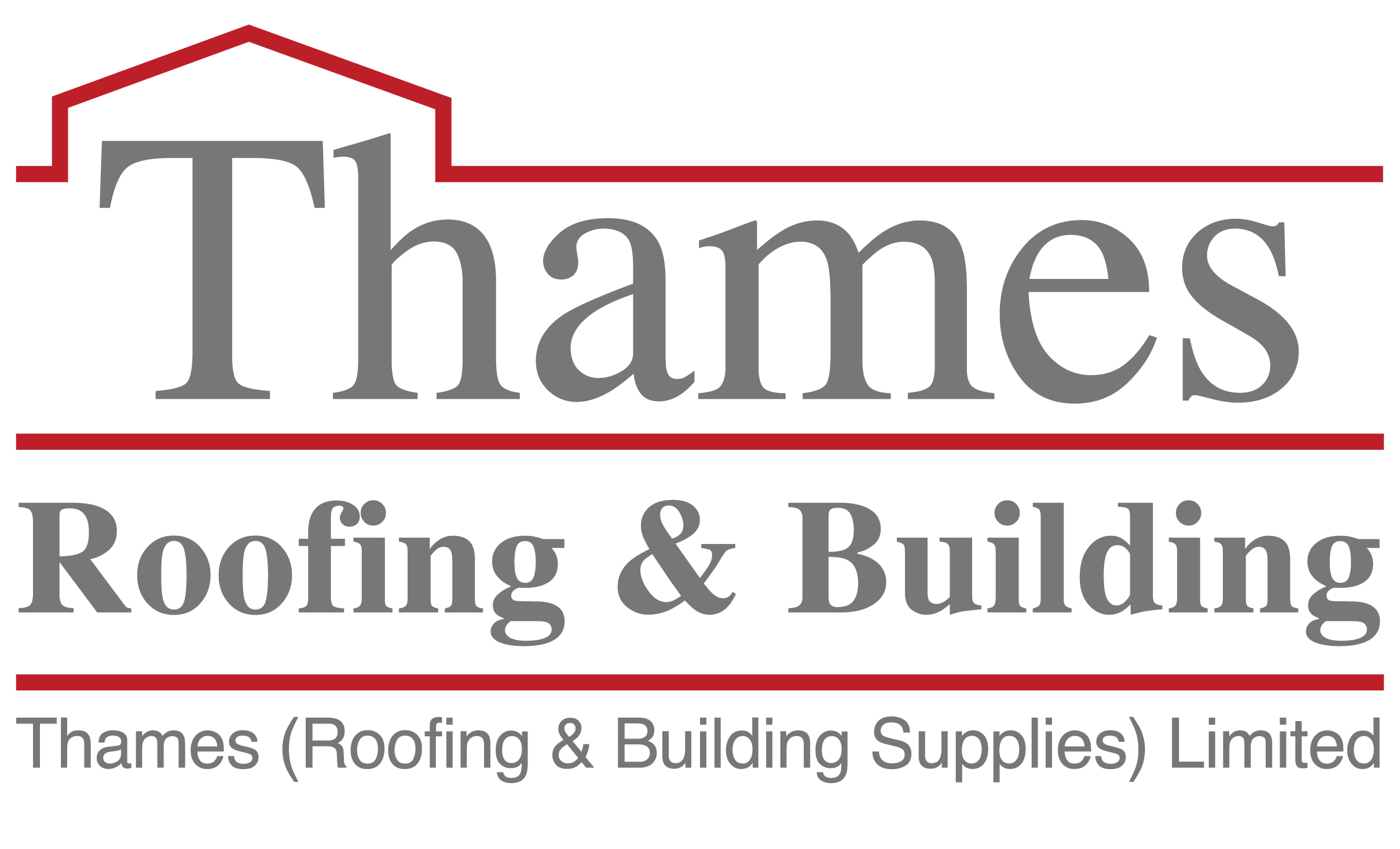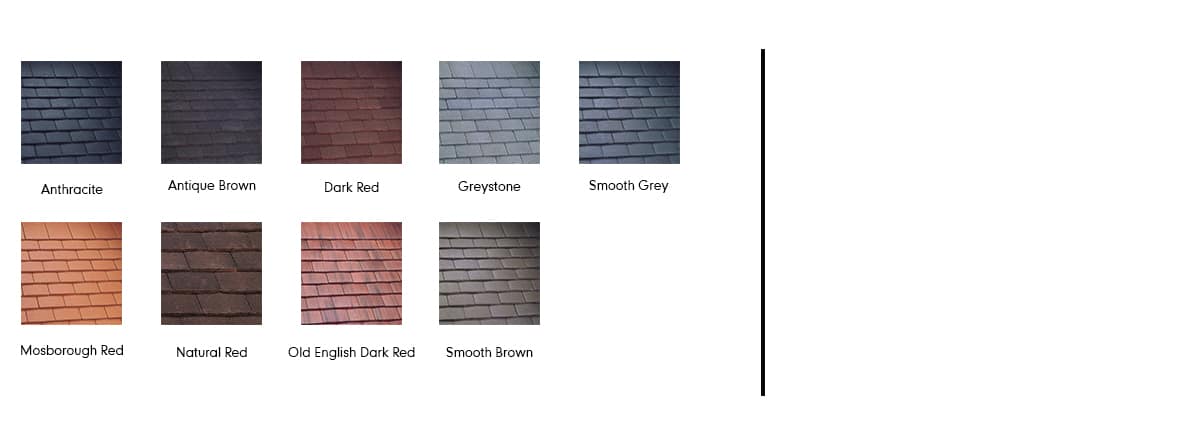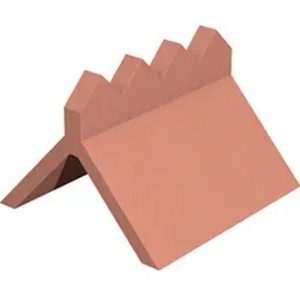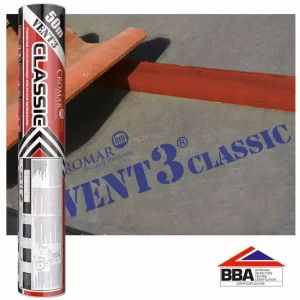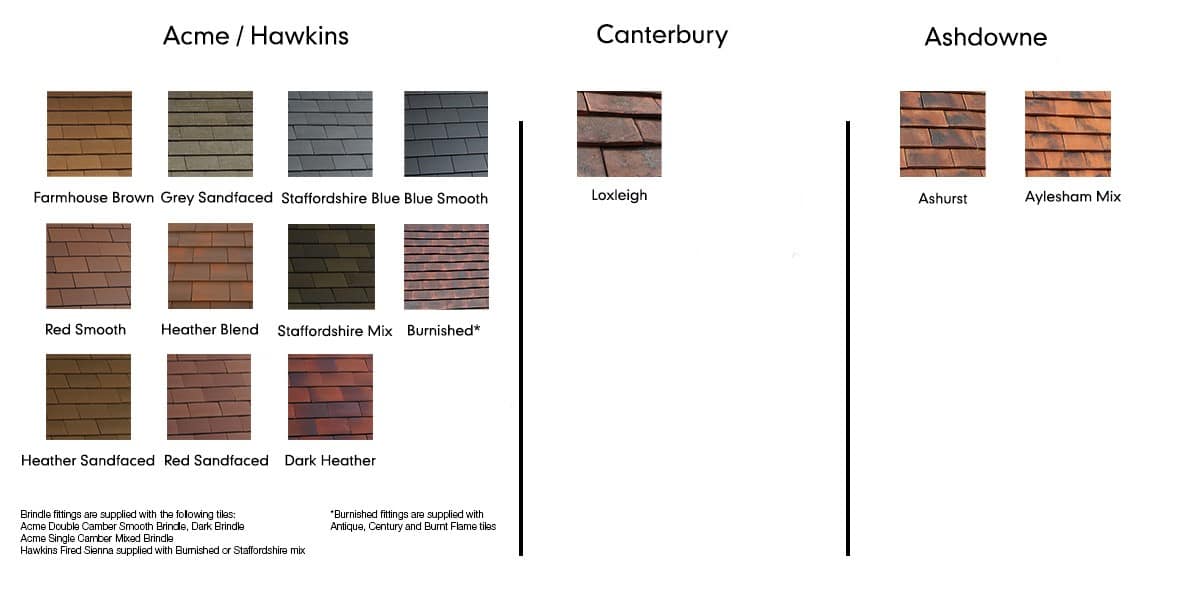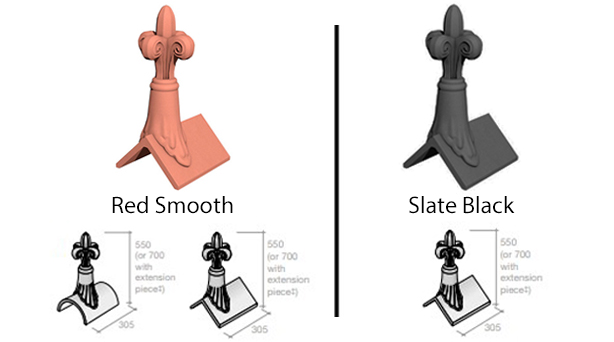Marley Concrete 325mm pascoll roll baby ridge
More Information
- Highest quality materials
- Technical expertise
- Outstanding customer service
Category: Pitched Roofing
Function and compatibility
•325mm pascoll roll ridge fitting
•Suitable for roof pitches 15 and 50 degrees
•Available in a range of colours
Related products
-
Pitched Roofing
Vent3 Classic – Breathable Membrane
Vent3 Classic is a triple layer fabric, high performance breather membrane, made from high tensile spun bonded polypropylene layers, around a micro‐porous polypropylene film. Designed for use in a fully supported or unsupported tiled, slated or metal roof system. The high vapour permeability and waterproof nature of the membrane, combined with excellent tensile/tear strength and high wind uplift resistance make Vent3 Classic the professional’s choice as the ultimate breather membrane. It is equally suitable whether draped unsupported over rafters or laid directly over insulation. The outer layer forms the functional waterproof surface, the middle layer is the breathable waterproof membrane, and the inner layer protects the membrane from abrasion and damage, also giving additional strength. This enables the fabric to allow moisture vapour to pass through, whilst remaining fully waterproof. The upper surface is Grey, printed with the trade name and head lap lines. Available in 1.0m and 1.5m widths as standard to conform easily to any typical roof configuration or the individual working practices of the installer. -
Pitched Roofing
Estella Slate
Estella Slate is a textured, deep blue-grey slate, quarried in the famous Northern Spanish region of Galicia, world-renowned for quality and stringent production values. Estella slate is pyrite-free, making it the perfect choice where a totally clean surface finish is desired. The precise consistency of thickness and the high-quality finish provides the Estella slate quarry with their exceptional reputation in the industry. Having been sold and used widely for over 30 years across the UK, Estella is considered one of the best value, quality driven slate
